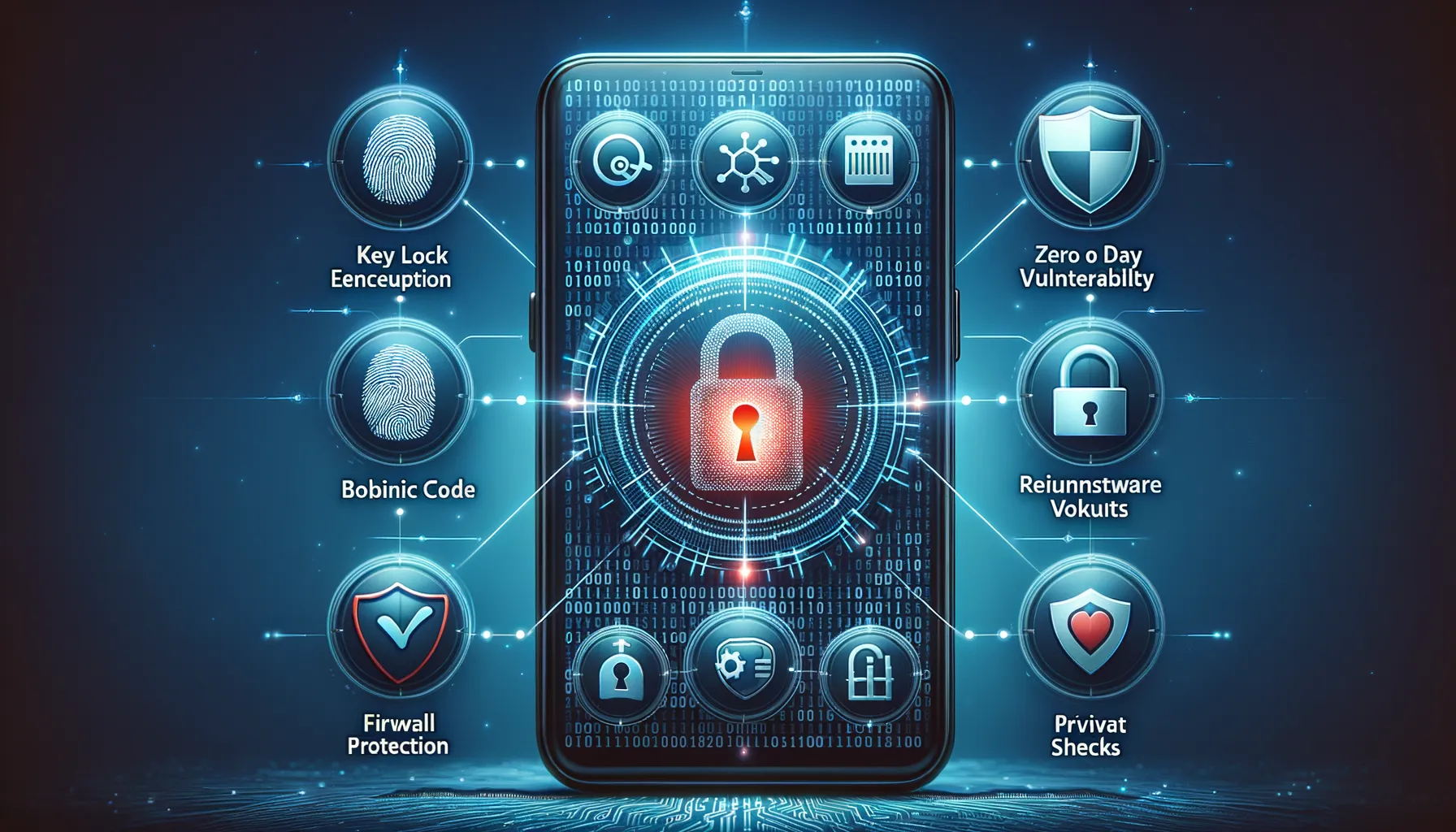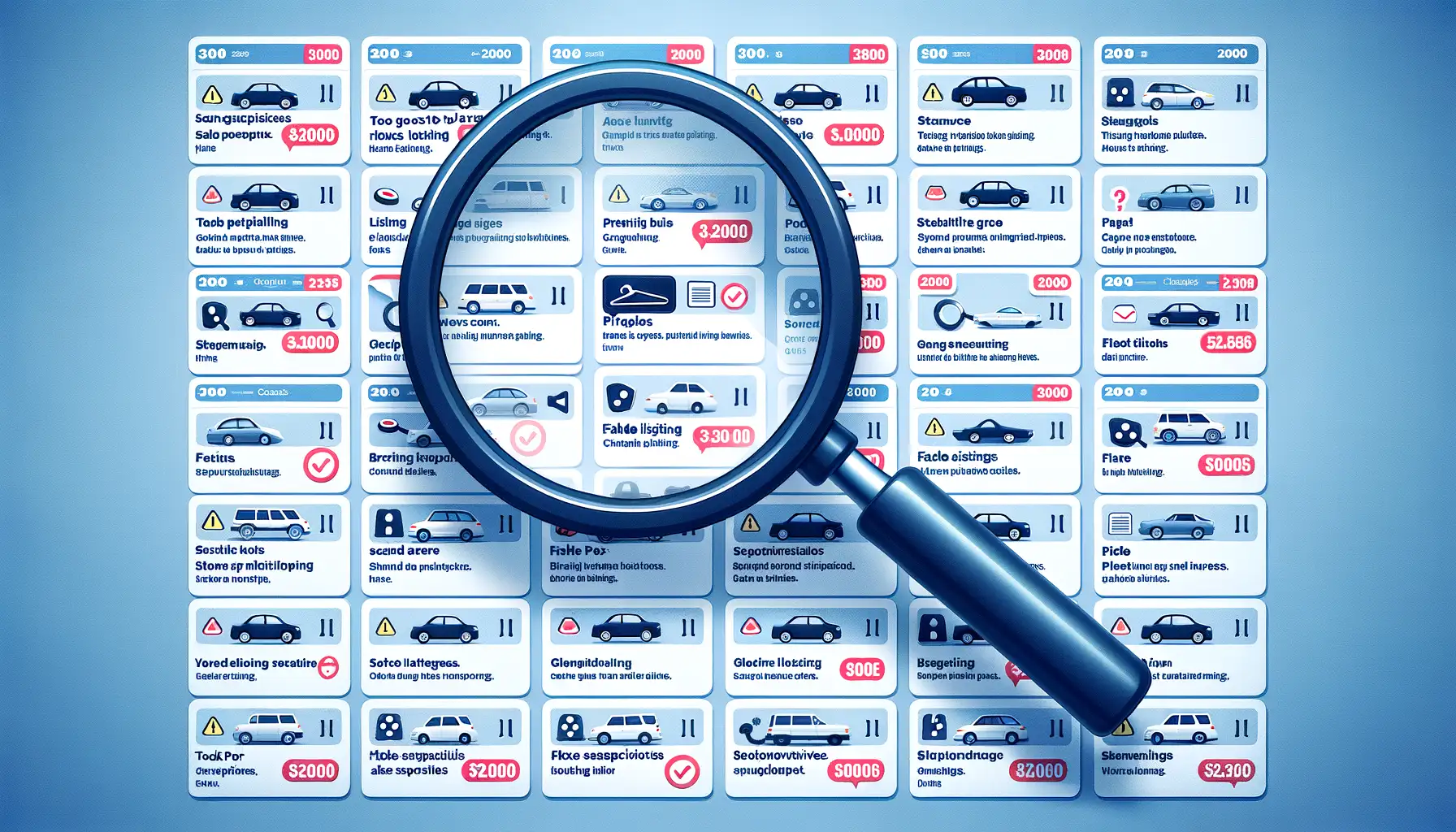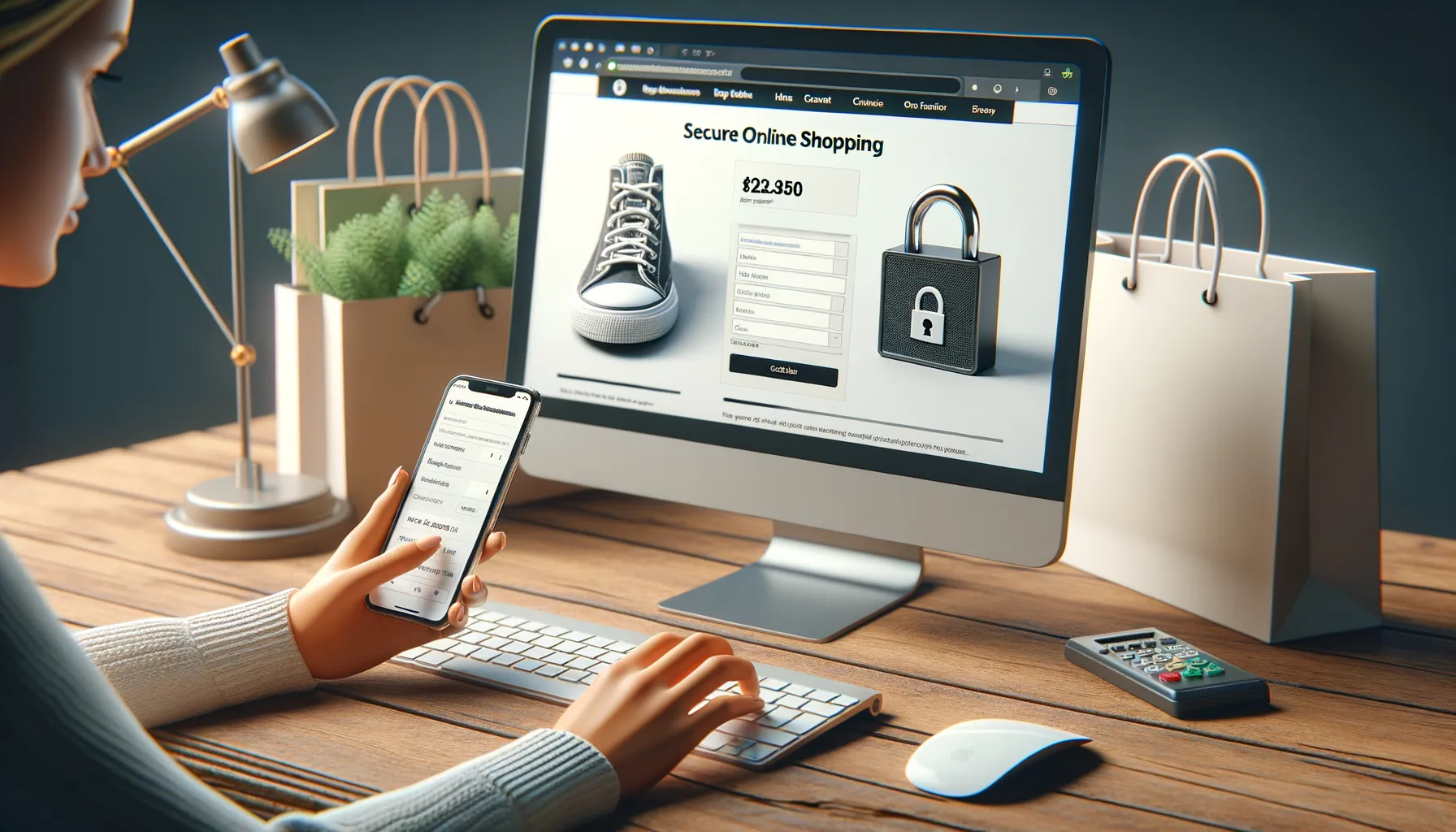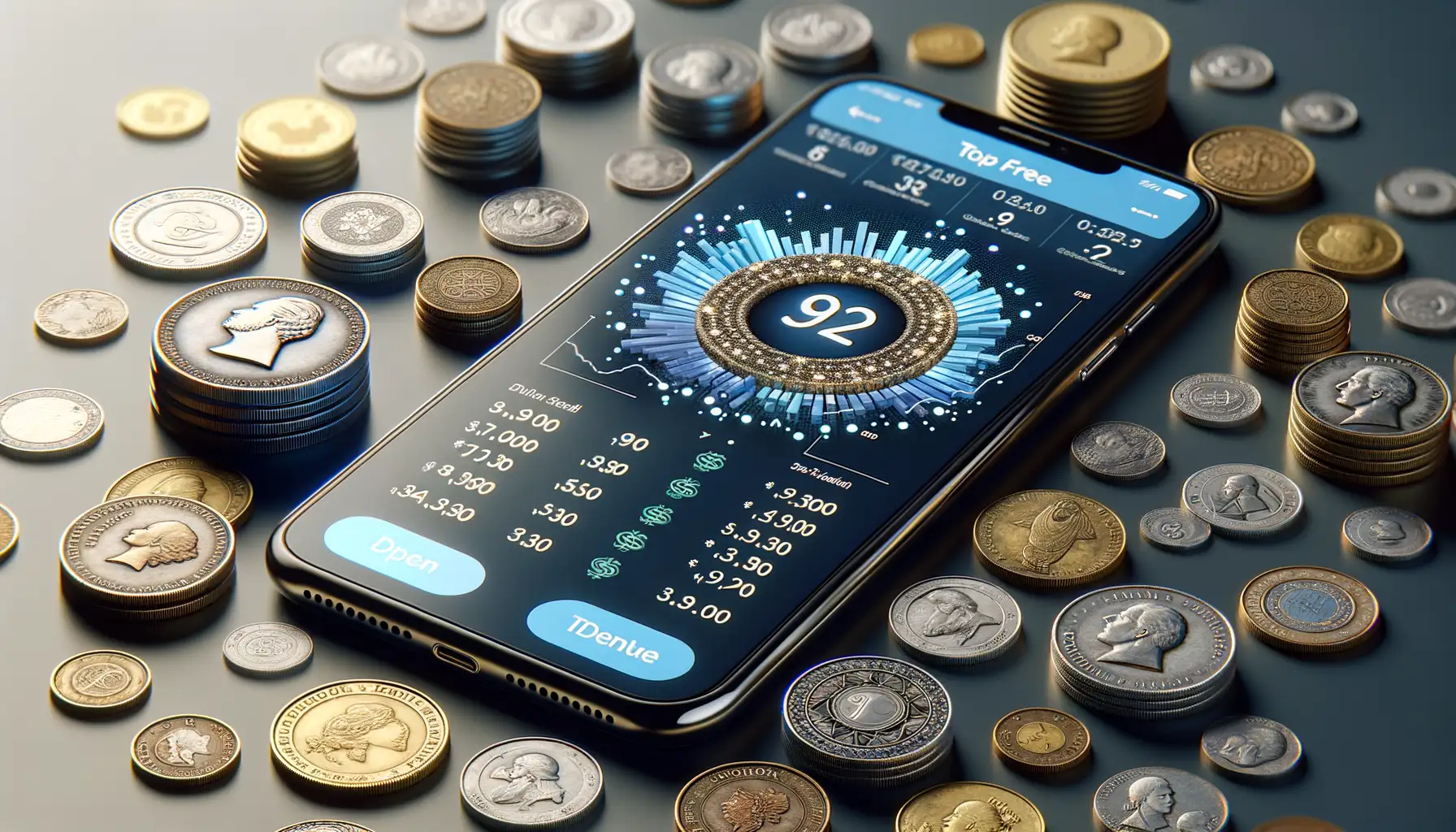Understanding Risks in Mobile Marketplaces
Pitfalls Lurking in Mobile Marketplaces
Picture this: you’re browsing your favorite mobile app, searching for that elusive, limited-edition coin you’ve always wanted. It seems too good to be true, right? Well, sometimes it is. Mobile marketplaces can feel like the Wild West—full of opportunity but also hazards. From fake listings to shady payment requests, the risks are real and often cleverly disguised.
One of the biggest culprits? Counterfeit or non-existent items. Some sellers post professional-looking photos of rare coins but deliver nothing—or worse, send low-quality replicas. Then there’s the threat of data breaches. Did you know that even a simple password leak could expose your wallet details, address, and more?
Here’s what else might pop up:
- Phishing attempts: Fake messages inside apps that trick you into revealing sensitive info.
- Malware disguised as app updates: Sneaky downloads that could give hackers access to your device.
Remember, even legitimate apps aren’t immune. A small oversight on your part, like buying from an unverified seller, could put you at risk. Stay sharp, stay savvy, and keep those coins—and your data—safe.
Key Security Measures When Using Mobile Apps

Locking Down Your Digital Doors
Think of your mobile apps as tiny gateways to your personal world. Without the right safeguards, these doors can be left wide open for cyber intruders. To keep them locked tight, start with some basics:
- Passwords win battles: Use unique, complex passwords for every app. Skip the predictable “Mom123” and opt for something like “D0N’TGU3$$M3!”
- Enable Two-Factor Authentication (2FA): It’s like having a digital guard dog. Even if someone snatches your password, they’d still need that second verification step to get in.
- Permissions matter: Don’t just click “Allow” every time an app asks for access. Why does a coin marketplace need your camera or microphone anyway?
Stay Updated or Stay Vulnerable
You wouldn’t wear rusted armor into battle. Similarly, using outdated apps is like leaving cracks in your defenses. Keep your apps updated religiously! Developers regularly patch vulnerabilities, making updates more than just annoying pop-ups—they’re shields against a host of online threats.
A quick personal note: I once skipped an app update for weeks, and yep, that’s when I got hit with a phishing attack that could’ve been blocked. Lesson learned! Keep those updates flowing—it’s a simple yet powerful habit.
Above all, treat your mobile apps like you would anything valuable: a little maintenance goes a long way in keeping them safe.
How to Spot Scams and Fake Listings

Red Flags That Scream “Scam Alert!”
Navigating mobile marketplaces can feel like swimming in a treasure-filled sea—glittering offers everywhere! But not every glimmer is gold. Some listings are just traps disguised as deals. So, how do you sniff out the rotten apples? Start with these:
- Too good to be true? If someone is selling rare coins at jaw-dropping prices, pause. Scammers love dangling irresistible bait! Always research typical market values before clicking “Buy.”
- Pressure to act fast: “Last coin left!” or “Offer expires in an hour!” These tactics prey on FOMO (fear of missing out). Scammers count on you acting rashly. Don’t fall for it.
- No reviews or odd profile behavior: A seller without history? Or profiles created yesterday pushing hard-to-believe deals? That’s a digital red flag waving furiously.
Peeking Beneath the Surface
Dig deeper before you trust any listing. A genuine seller will happily provide clear photos, detailed descriptions, and verify their coin’s authenticity. On the flip side: vague titles like “Old collectible” or blurry images scream, “Stay away!”
And here’s a pro tip: use reverse image search on listing photos. If that rare silver dollar pops up on five other sites, guess what? It’s likely stolen—or fake. In this case, trust your gut AND your browser.
Best Practices for Secure Payment Transactions

Simple Steps to Safeguard Your Transactions
Making secure payments isn’t just a box to tick; it’s your shield in the digital battlefield. When buying coins on mobile marketplaces, think of each payment as handing over a treasure chest—would you trust anyone with the key?
Here are proven strategies to lock down your transactions:
- Choose trusted payment gateways: Always use platforms like PayPal, Google Pay, or Apple Pay—these act as fortified vaults for your financial data.
- Say no to direct transfers: Avoid wiring money directly to sellers. It’s risky, like dropping cash into a black hole with no way to retrieve it.
- Enable two-factor authentication (2FA): Make hackers jump through hoops by requiring an extra layer of security for your payments.
Spotting Red Flags During Checkout
A genuine seller won’t rush you, but scammers? They’ll spin stories faster than a carnival ride. Beware of offers demanding unusual payment methods like cryptocurrency wallets or gift cards—they’re often untraceable traps. Always inspect URLs during payment. If it feels off—misspelled words, strange domain names—trust your gut. That’s not paranoia; that’s common sense.
Lastly, whenever possible, use a credit card over a debit card. Why? Because credit cards have armor-like protection against fraud, while debit cards are like unprotected foot soldiers.
Protecting Personal Information While Shopping Online

Why Safeguarding Your Details Matters
Every time you shop online, it’s as if you’re handing over a piece of yourself—your name, address, payment info. It’s personal, right? That’s why safeguarding your details isn’t just important; it’s non-negotiable. Imagine your sensitive information floating freely in a sea of cyber sharks; not a pretty picture!
When buying coins or collectibles on mobile marketplaces, you’re often prompted to create accounts, link payment methods, or even verify identities. This info is gold to hackers if left unprotected. So how do you armor up? Start with these:
- Use unique and strong passwords—ditch “123456” or “password1” today!
- Enable two-factor authentication (2FA) wherever possible—it’s like adding another lock to your digital front door.
- Double-check the app’s permissions before granting access—why would a coin marketplace need your location or contact list?
Trust Only Secure Connections
Picture this: you’re about to make a purchase, but the Wi-Fi network you’re connected to is open to anyone. Public Wi-Fi is cyberspace’s Wild West—anything you share might be intercepted. Stick to secure, private networks or use a VPN (Virtual Private Network). It adds an extra cloak of invisibility while you shop.
Lastly, avoid oversharing. A legitimate seller won’t need personal trivia like your mother’s maiden name or your first pet’s name. Keep your guard up, stay vigilant, and let the thrill of collecting coins be the only rush you feel—not the panic of compromised privacy.


